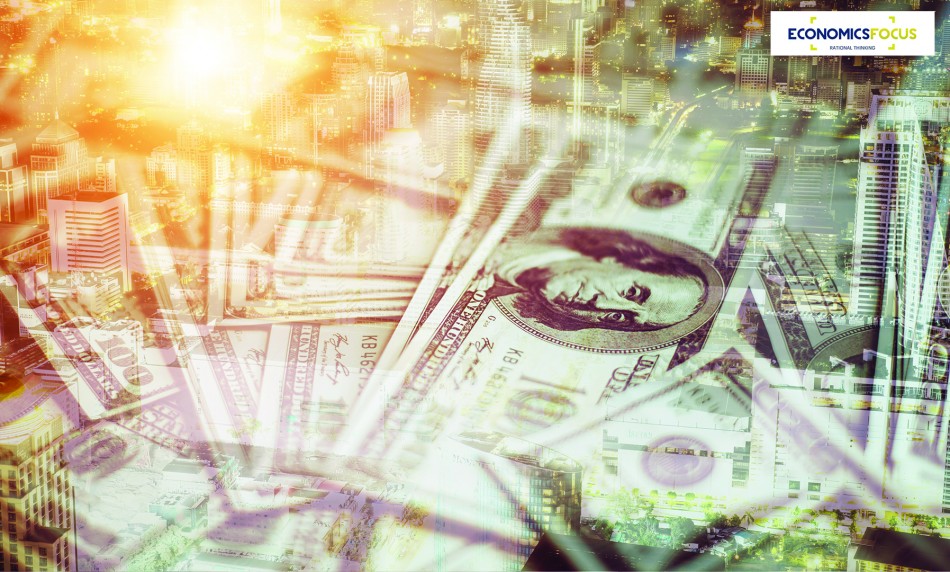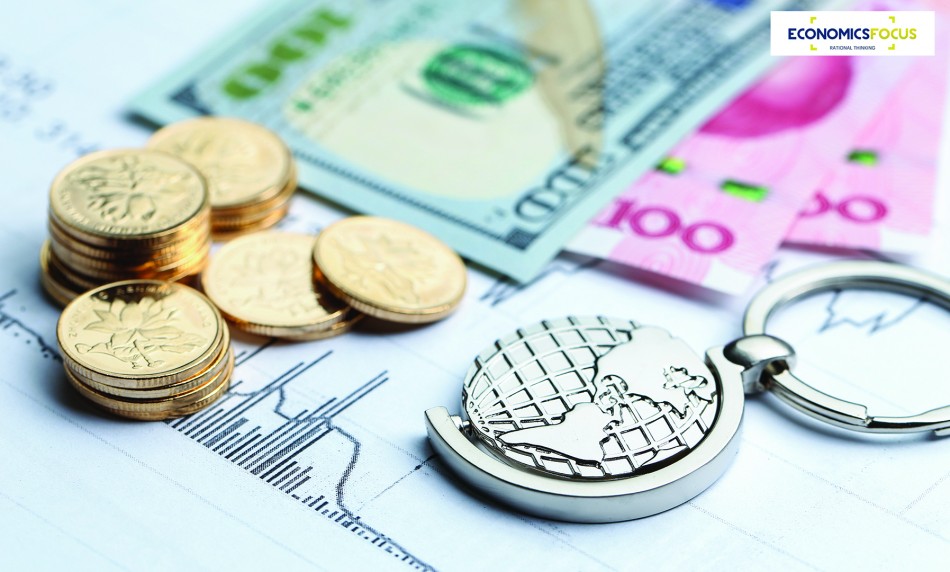Foreign exchange
Foreign Exchange involves the study of variation in the exchange rate for various countries. Based on the Theory of Demand and Supply prepared by our JC Economics Tutor Simon Ng from Economicsfocus for curriencies, this topic will identify contributing factors that influence the changes in demand and supply for currencies, which then determines the new equilibrium of currency values. Furthermore, this topic will also feature different types of exchange rate systems, such as fixed, flexible and managed float exchange rate systems.


